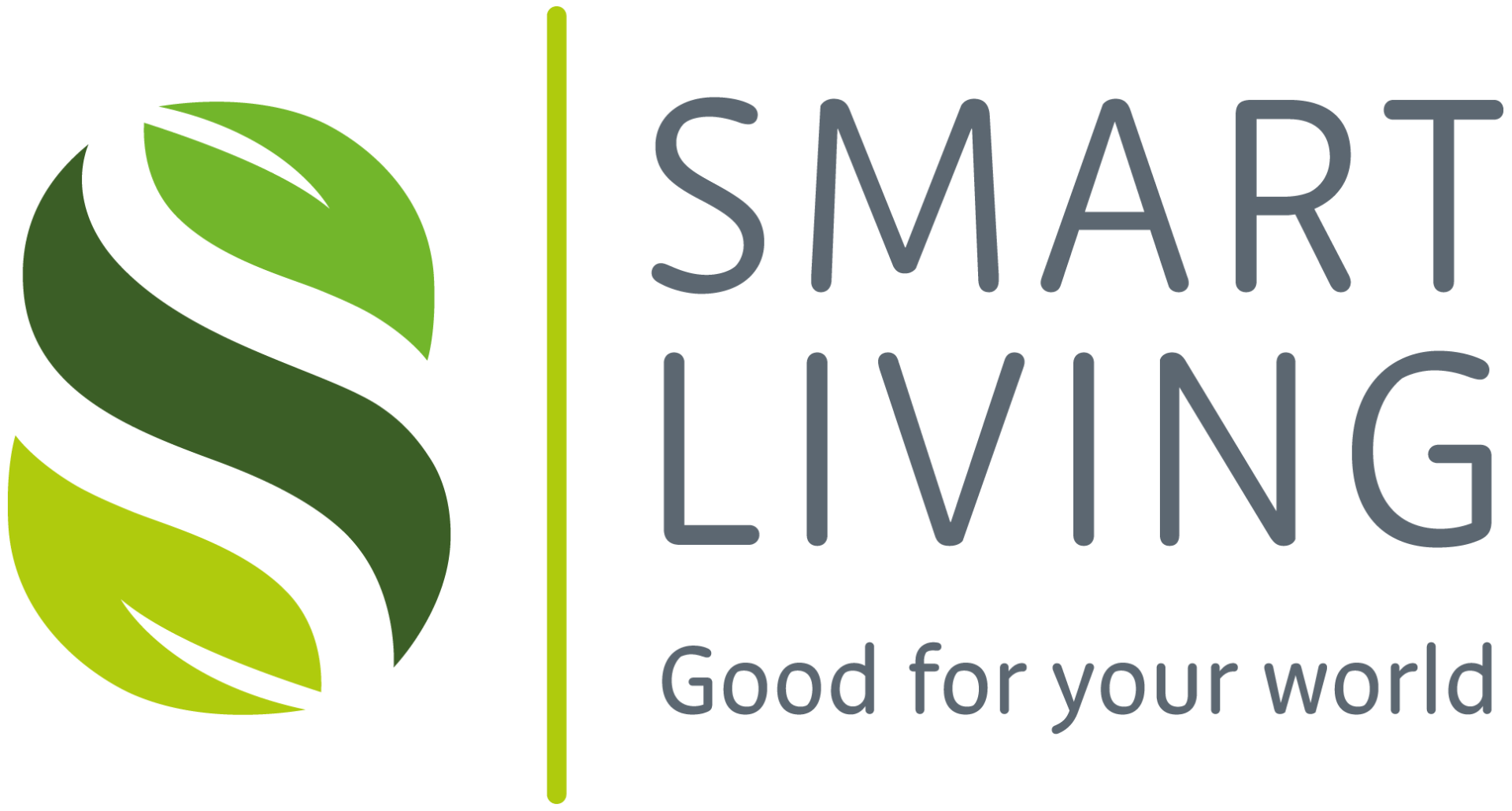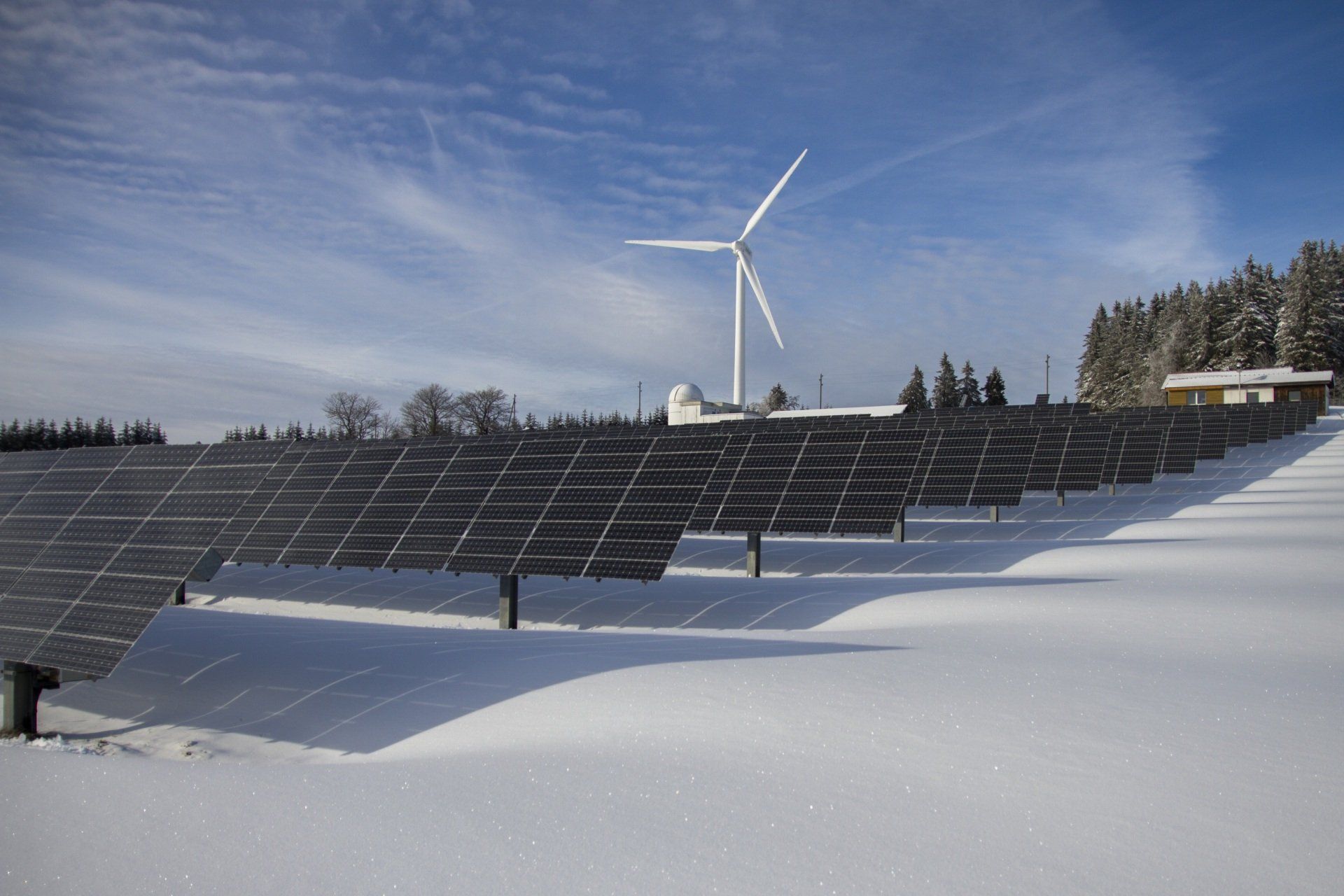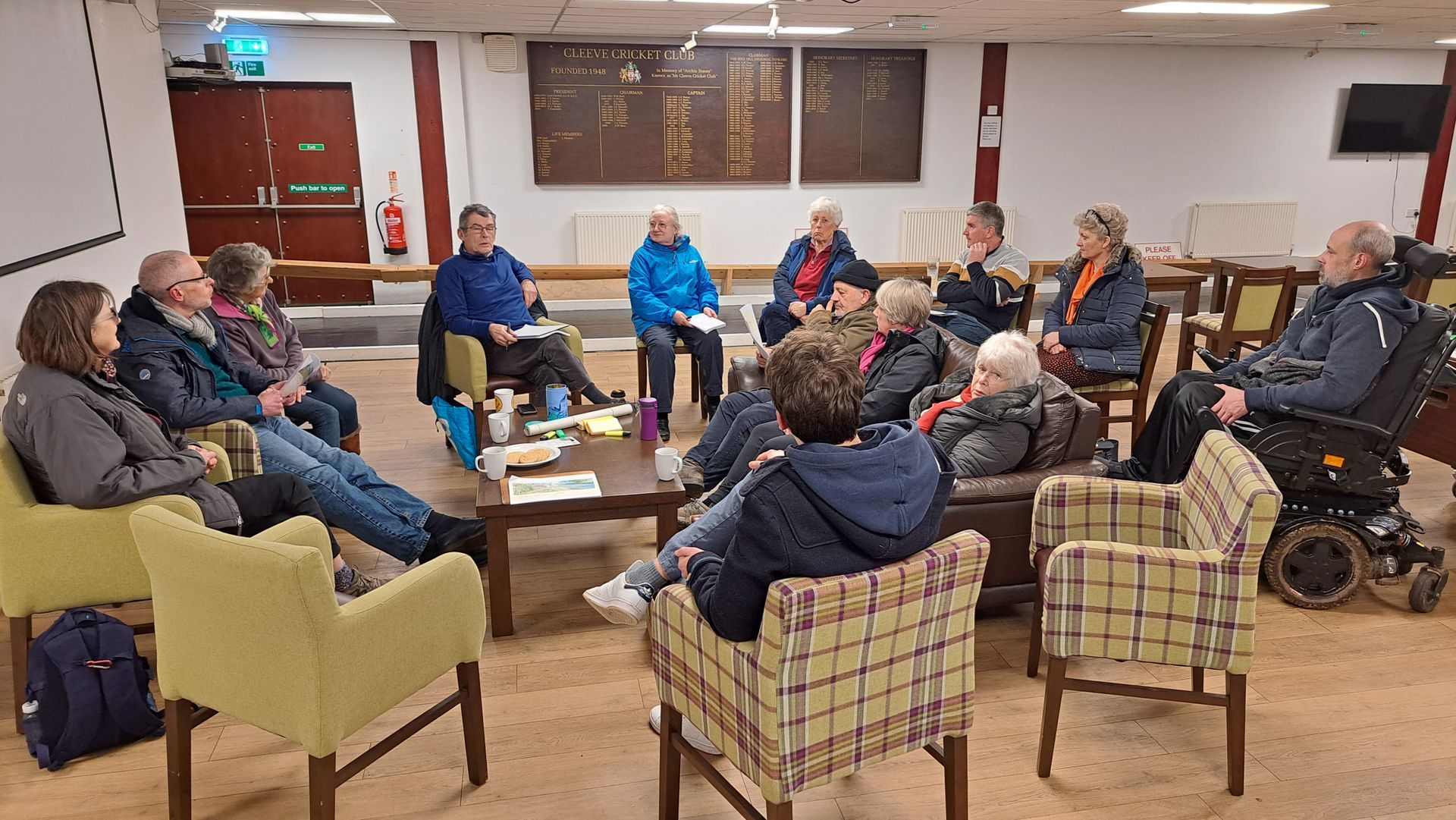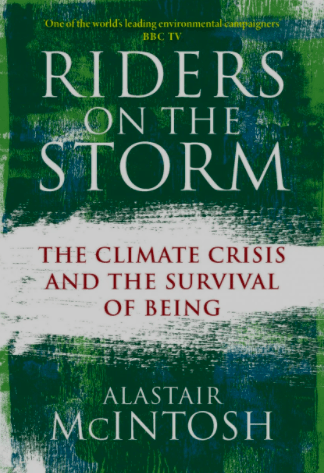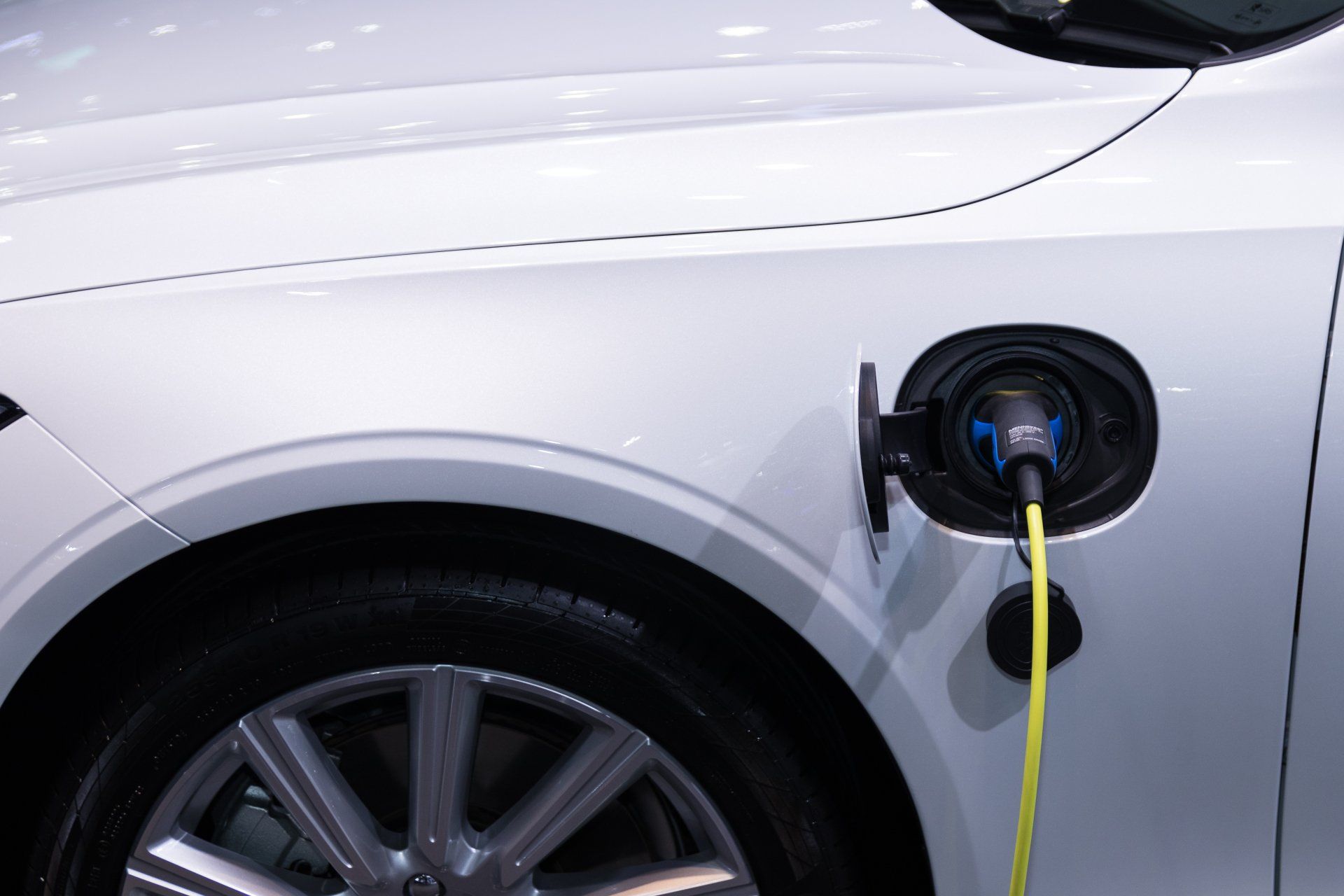Change is personal.
What do you do when you have four kids, are plagued by the thought of the climate crisis ruining their future, yet you don’t have any spare money and even less spare time?
You want the best for your kids without making things worse, but sometimes they really want a burger and chips!
I was lucky enough to talk this through with Tanya Williams recently, during an hour-long Smart Living conversation in which she kindly volunteered to participate. We began by working through a very simple carbon footprint assessment to get an approximate idea of where the big ticket items might be, then ranked areas of interest in order of potential impact versus cost, before getting into the realities of Tanya’s day-to-day pressures and priorities. Tanya, with an environmental background, had implemented good practice pre kids but appreciated the time to reconsider where her life was now and what else she could do, tailored to her circumstances.
It is this last bit of the conversation that really stands out, especially when Tanya said as a parent she barely has a moment to read any of the various “five simple things you can do to save the planet” e-news that she is bombarded with, let alone check for greenwash, and knowing her biggest impacts already had significant challenges. (And honestly, a cup of tea and 15 mins of TV would be preferred).
For example, one of her specific challenges is replacing some of the family’s meat consumption with plant-based food when it turns out one of her children is allergic to some of the key ingredients, possibly pea protein, now a staple in many vegetarian and vegan products. When tired after working all day, who would blame anyone for keeping things simple with a big family favourite 'spag bol', despite knowing that beef is one of the most carbon-intensive food products. If you disagree, you probably don’t have four kids.
In her feedback following the session, Tanya told me what a luxury it was to take an hour to chat things through, and not to feel judged for her perceived lack of action or increased carbon footprint since having a family. We were quite quickly able to discount many avenues and identify areas that Tanya felt motivated to explore. For example, their house is already well insulated which means throwing out a perfectly good gas boiler would be a premature and potentially wasteful move despite the fossil fuel it uses. Saving up for an electric car was a long-term need, but how do you make use of a home smart charger to work with their solar panels when you don’t have off-street parking?
The devil is in the detail and it can take hours to investigate and research cost-effective lifestyle changes, especially when faced by so much disinformation and greenwash. So-called experts vehemently disagreeing on almost every issue is beyond the capacity of almost everyone to pick through, and value for money is often a large up-front cost with a long payback, so taking the plunge requires confidence in making the right choice.
Tanya and I both agreed that the real value here was acknowledging the difficulties and reinvigorating her enthusiasm for making small changes that prior to our conversation seemed pretty marginal in the face of such dire climate change news. On the contrary, her leadership role as the mother of a large family could have a huge effect, and the conversation quickly moved on to planning for some bigger changes that could add up over the next five years to a significant improvement in their quality of life at the same time as reducing their collective global impact.
Tanya also commented on the benefit of the conversation being broader than just carbon as we chatted through her feelings about her sense of community, her attitude to politics and power, and her wishes for her children’s education, mental health and development. The endless bombardment of individual issues can be completely overwhelming, especially with each campaign presenting a plausible and compelling reason why their on-line petition is critical. Indeed, that may be so, and Smart Living takes a systems approach precisely because everything is connected, but every time I have an open conversation, without judgement, I learn more about the potential for individuals to grasp specific, personalised opportunities for change that can create surprisingly large ripples in the pond.
If you would be interested, then please email me at hello@smartliving.org.uk. It's good to chat.
